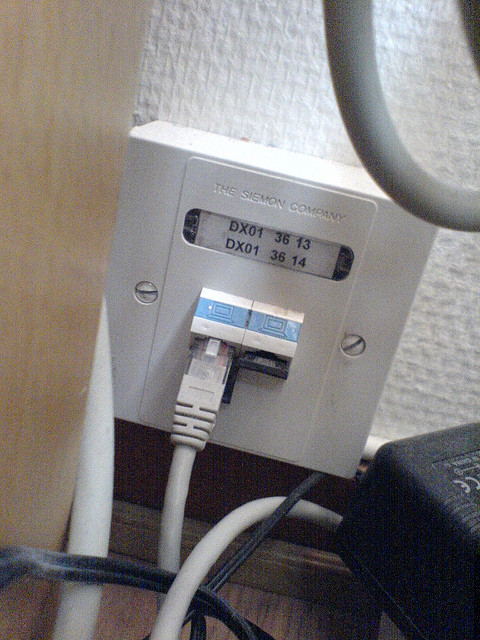Internet privacy law changed by Congress
The new law allows providers to sell customers’ information and browsing habits
April 19, 2017
On March 28, Congress passed a bill that impacts Americans’ internet privacy rights. Internet service providers will now be able to see and sell browsing history and personal information.
During Barack Obama’s time in office as president, he signed into law a bill that prevented Verizon, Comcast, Charter and other providers from obtaining and selling personal information and history without consent.
This law benefits the ISPs, as they can make money from selling information to different corporations to help them with ad placement and targeting specific people. Some may relate this to web cookies, used by websites to communicate with each other while a person is browsing. Cookies are totally legal and can be disabled if a user is uncomfortable with it, but the sale of information means there will be no disabling it.
“I think when you go online you have to have some awareness that it is going to be put out there to the world,” SCC student Tyler Hall said. “Anyone who wants to know you’re looking [at websites] will know you looked at it.”
There have been investigations on internet providers for selling information. In 2013, the New York Times revealed that AT&T sold customers’ information to the CIA. These types of investigations have raised questions about the sale of information and the ability to obtain a person’s information, but it is now legal for providers to do.


